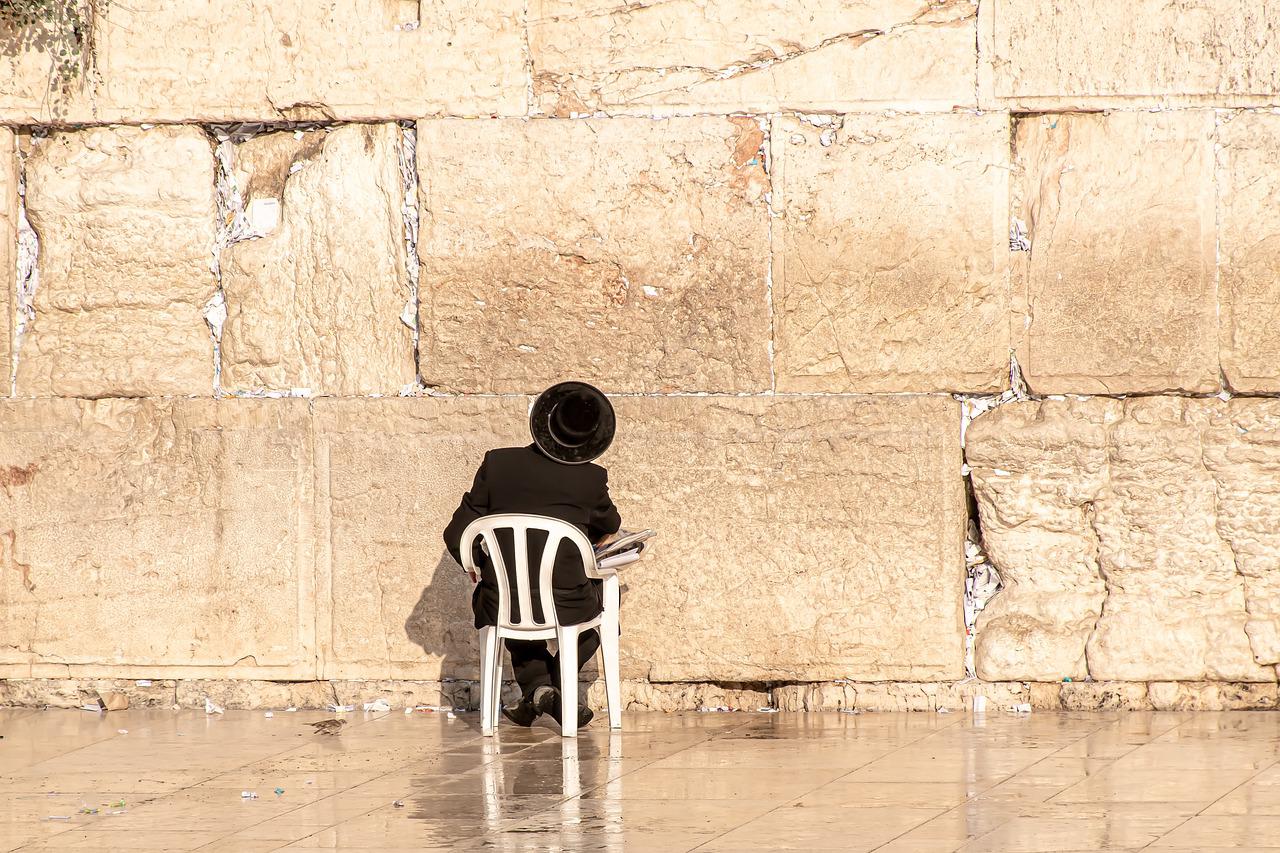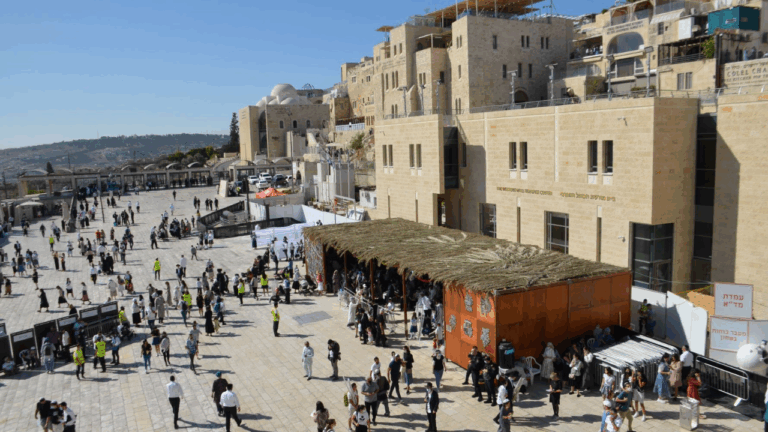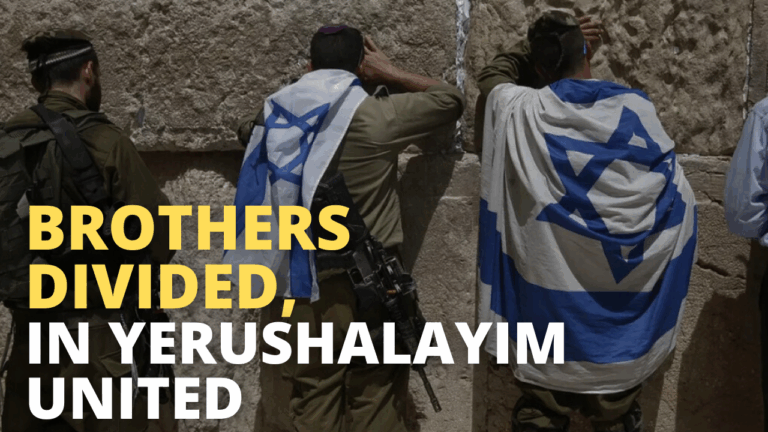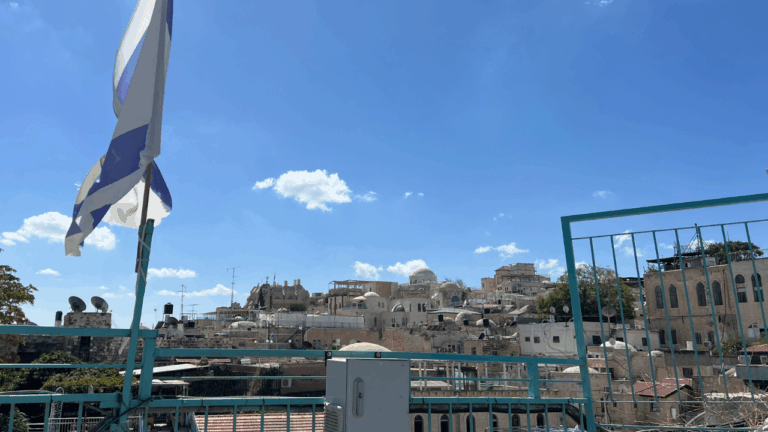The Peaceful Strength of Jerusalem
The midrash compares Korach to the subject of the following verse in Mishlei: “A rebellious brother – a strong city.” Korach was a brother – a leader within his nation and a relative of Moshe and Aharon. The “strong city” refers to the Torah, which Korach attacked. The prooftext that a “strong city” refers to the Torah is the verse “God grants ‘strength’ to His people, God shall bless his people with peace.” The word “strength” in that verse refers to the gift of Torah.
What is the meaning of this cryptic midrash? How did Korach “attack” the Torah? And why specifically in this context is the Torah referred to as “strength”?
The Sefat Emmet has a fascinating understanding of this midrash. He explains that the verse “God grants ‘strength’ to His people, God shall bless his people with peace” highlights two different blessings: Torah and peace. Both are necessary. Peace is the vessel which holds all other blessings and therefore Torah cannot exist without peace.
In the generation of the desert, the two true leaders of the Jewish people represented these ideals: Moshe was the “prince of Torah” while Aharon was “the lover of peace and the pursuer of peace.” Together, they led the Jewish people in an integrated fashion.
Korach, however, sought to split one from the other. He was a formidable Torah scholar and one who had dedicated himself to Torah study. However, as the story makes clear, he was not a man of peace. He divided the Jewish people and created controversy for his own personal advancement.
This was his attack on Torah. The “strength” of Torah cannot exist without the softness of peace. Korach sought to separate these two elements, demonstrating that he did not understand the true intent of the Torah. This was Korach’s attack on the “strong city” of the Torah. As the Sefat Emmet writes: “Even though Korach was a Torah scholar, he caused this blemish. For wisdom alone is meaningless.”
At the end of the passage, the Sefat Emmet references the uniqueness of Yerushalayim. His intention seems to be that Yerushalayim combines both of these crucial elements of Torah wisdom and peace. On the one hand, we know that “For out of Zion, the Torah shall emerge.” The Sanhedrin sat in the Beit HaMikdash and studied and ruled upon the most intricate Torah topics. There is a certain toughness to Torah study, an element of cold and rational logic.
However, at the same time we speak of God spreading a “canopy of peace” over the city. Yerushalayim is a city which unites all strata of the Jewish people, whether or not they are Torah scholars or simple folk. It is this combination of Torah wisdom (Moshe) and peace (Aharon) that creates the perfect home for Torah, the Jewish people, and ultimately, God himself.



